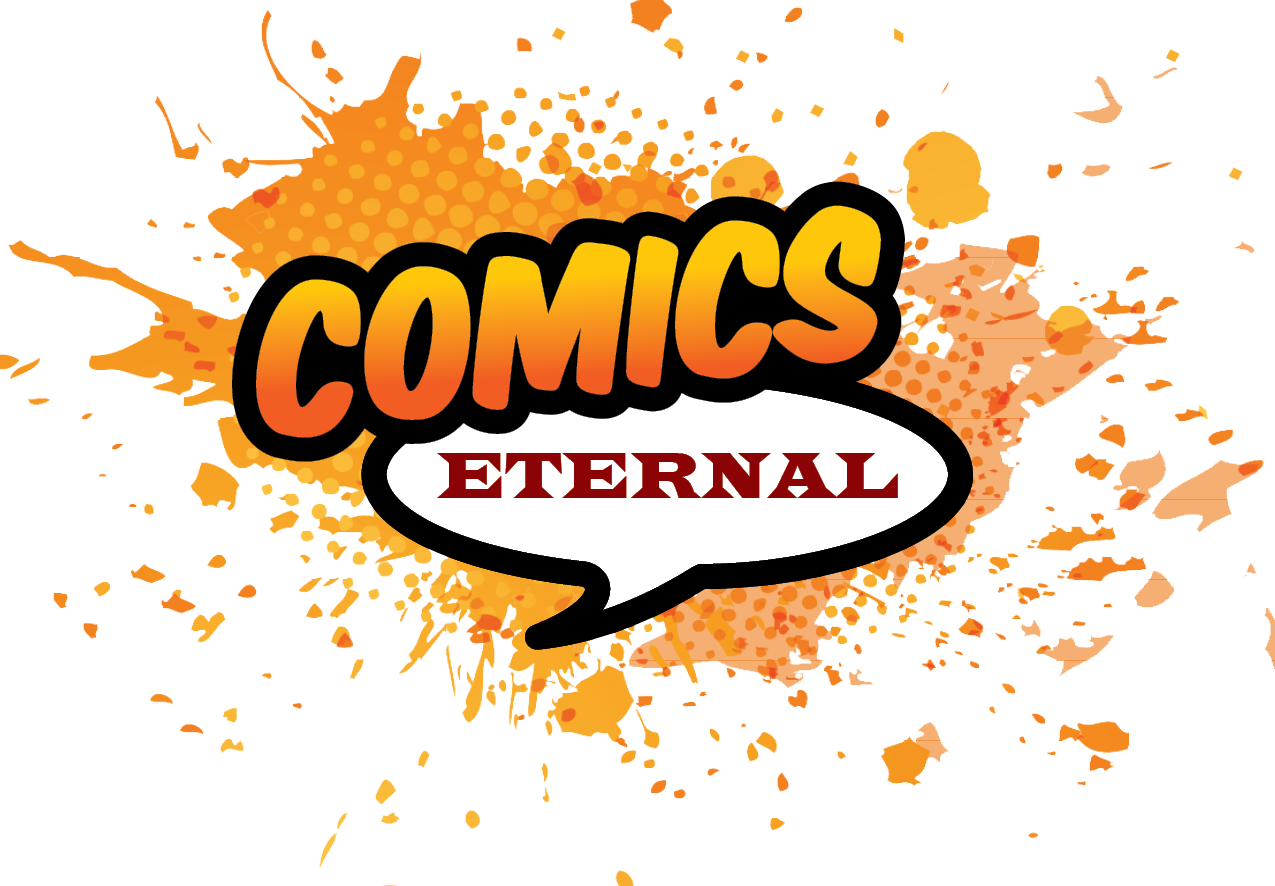DC’s latest big event, Absolute Power, picks up from the aftermath of Dark Crisis on Infinite Earths as part of their Dawn of DC lineup. This event dives into some intense questions around superhero power and control, with Amanda Waller leading an all-out campaign against metahumans.
Heroes from the Justice League to the Titans are being forced into hiding, causing everyone to question the very idea of super-powered authority. With Absolute Power, DC’s laying down the challenge: if even Superman’s powers can be stripped away, who’s really in control? So, with all this brewing at DC, it’s natural to wonder: is Marvel going to respond with something similar?
How Absolute Power Mirrors Marvel’s Dark Reign
Marvel tackled similar themes over a decade ago with Dark Reign, following the massive fallout from Secret Invasion. This storyline saw Norman Osborn—yep, the Green Goblin—take charge of the Avengers and top security agencies. It was a total flip, as Osborn pulled together his own “Dark Avengers” to act as government-backed heroes, but with a twisted, self-serving agenda. Just like in Absolute Power, we saw heroes on the run and the public losing faith, with villains sneaking into positions of power under the guise of “protecting” everyone.
Dark Reign had Marvel exploring a lot of the same ideas we’re seeing in Absolute Power: heroes doubted, a public looking for safety even if it’s at the cost of actual justice, and authority figures you really can’t trust.
Marvel’s Ultimate Universe: Power with a Dark Twist
Marvel’s Ultimate Universe is a classic example of how it can play with darker, edgier themes without a direct crossover with DC’s latest events. Launched in the early 2000s, this universe was designed to explore familiar characters but with a grittier, sometimes more morally complex twist. Heroes like Spider-Man, Iron Man, and the X-Men were reimagined in fresh, modern contexts—often with more intense consequences. The Ultimate Universe wasn’t afraid to push boundaries, and it offered readers a space to experience classic Marvel characters in situations that felt raw and unpredictable.
The Ultimate line is still remembered as one of Marvel’s boldest projects, shaping how we see heroes and villains who operate in shades of gray. It brought some of the most radical changes to characters like Captain America and the Hulk, showcasing just how far they could fall when the stakes are pushed to the extreme.
In some ways, the Ultimate Universe carved a path that DC’s Absolute Power treads now—where familiar heroes can act out of character and shocking alliances are born. The legacy of Ultimate Universe shows that Marvel can dive into darker themes and high-stakes conflicts when it wants to, without needing to react to what DC is doing.
Marvel Doesn’t Need a Direct Answer to Absolute Power
Marvel doesn’t need to respond directly to Absolute Power because it’s already carved out a unique storytelling niche. While DC builds tension through big, recurring crossovers, Marvel often leans into character-driven arcs and individual team dynamics, allowing stories to grow and unfold in a way that feels organic. This approach keeps their universe fresh without relying on massive, universe-altering events each time. By focusing on the journeys of specific characters and teams, Marvel maintains a level of consistency that appeals to fans who enjoy seeing deep development rather than endless crises.
Another factor is that Marvel’s fans are already invested in the multiverse and broader universe ideas, especially with the way these themes have developed across both comics and the MCU. Marvel doesn’t have to keep upping the stakes through event-driven plots; instead, it can let the natural consequences of past storylines affect its world. This approach helps Marvel keep its stories accessible to newcomers while still being rewarding for longtime readers. Marvel’s method shows there’s strength in allowing characters to face personal challenges that resonate without necessarily shaking the entire universe.
After Absolute Power: Let’s Slow Down on the Crossovers, DC
With all the excitement around Absolute Power, it might be a good moment for DC to pull back from event-driven storytelling and focus on individual stories. Crossovers can be thrilling, but they can also be exhausting, often cramming characters into massive conflicts that take the spotlight away from their personal stories. After this event, DC could give readers a bit of a breather by going back to character-focused stories, diving deep into solo series like Absolute Batman and Absolute Wonder Woman.
Marvel’s found a nice balance with its mix of solo arcs and smaller, contained events that keep fans invested without overwhelming them. If DC decides to follow suit, fans could get the best of both worlds: epic, game-changing events and more focused, intimate stories that remind us why we love these heroes in the first place.


